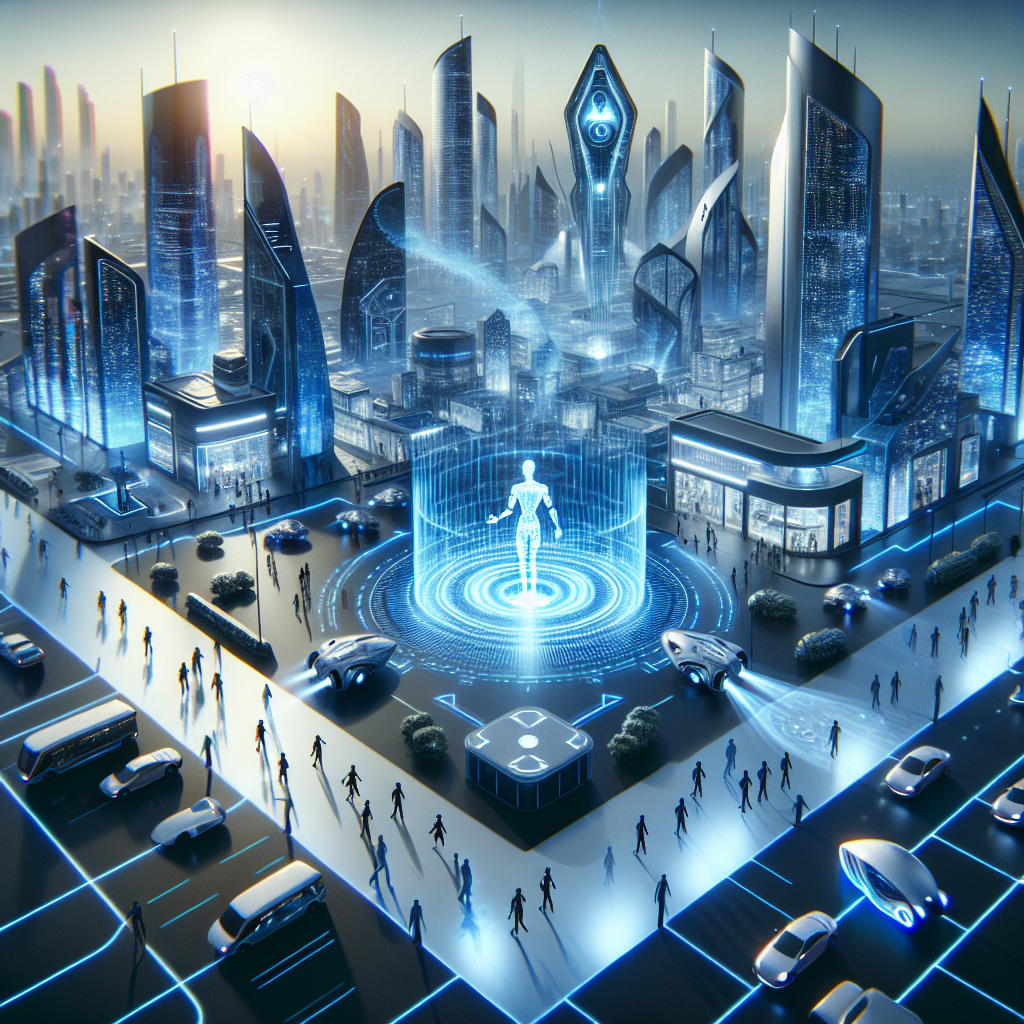Preparing for the Future: How AGI Will Shape Society
Artificial General Intelligence (AGI) is a term that refers to a type of artificial intelligence that possesses the ability to understand, learn, and apply knowledge in a manner similar to human intelligence. While current AI systems are designed for specific tasks and are limited in their capabilities, AGI has the potential to revolutionize society in ways that we have never seen before. As we move closer to the development of AGI, it is imperative that we prepare for the impact that this technology will have on our lives.
In this article, we will explore the potential implications of AGI on society and discuss how we can best prepare for the future. We will also address some common questions and concerns surrounding AGI and its impact on society.
The Impact of AGI on Society
The development of AGI has the potential to bring about significant changes in various aspects of society. From healthcare to transportation, education to entertainment, AGI has the potential to revolutionize the way we live and work. Here are some key areas where AGI is expected to make an impact:
1. Healthcare: AGI has the potential to revolutionize healthcare by enabling faster and more accurate diagnoses, personalized treatment plans, and improved patient care. With the ability to analyze vast amounts of data and identify patterns that may not be immediately apparent to human doctors, AGI could help doctors make better decisions and improve patient outcomes.
2. Transportation: AGI could revolutionize transportation by enabling self-driving cars, trucks, and buses that are safer and more efficient than human-driven vehicles. By leveraging real-time data and predictive analytics, AGI could help reduce traffic congestion, minimize accidents, and improve the overall efficiency of transportation systems.
3. Education: AGI could transform education by providing personalized learning experiences tailored to each student’s individual needs and abilities. By leveraging adaptive learning algorithms, AGI could help students learn at their own pace and in a way that is most conducive to their learning style.
4. Entertainment: AGI could revolutionize the entertainment industry by creating immersive and interactive experiences that blur the line between reality and fiction. From virtual reality games to AI-generated music and movies, AGI could push the boundaries of creativity and innovation in entertainment.
Preparing for the Future
As we move closer to the development of AGI, it is crucial that we prepare for the impact that this technology will have on society. Here are some key steps that we can take to prepare for the future:
1. Invest in Research and Development: Governments, academia, and industry should continue to invest in research and development to advance the capabilities of AGI. By fostering innovation and collaboration, we can accelerate the development of AGI and ensure that it benefits society as a whole.
2. Develop Ethical Guidelines: As AGI becomes more advanced, it is essential to develop ethical guidelines to govern its use. From privacy concerns to job displacement, AGI raises a host of ethical issues that must be addressed proactively to ensure that its benefits are realized without causing harm.
3. Enhance Education and Training: As AGI transforms the workforce, it is crucial to enhance education and training programs to equip individuals with the skills they need to thrive in a rapidly changing economy. By investing in lifelong learning and reskilling programs, we can ensure that workers are prepared for the jobs of the future.
4. Foster Collaboration and Communication: To address the complex challenges posed by AGI, it is essential to foster collaboration and communication among stakeholders from different sectors. By working together, we can leverage the diverse perspectives and expertise needed to navigate the opportunities and risks associated with AGI.
FAQs
Q: What is the difference between AGI and narrow AI?
A: Narrow AI refers to artificial intelligence systems that are designed for specific tasks, such as speech recognition or image classification. In contrast, AGI is a type of artificial intelligence that possesses the ability to understand, learn, and apply knowledge in a manner similar to human intelligence.
Q: Will AGI replace human workers?
A: AGI has the potential to automate a wide range of tasks currently performed by human workers. While this may lead to job displacement in some industries, it is also expected to create new job opportunities in fields that leverage the unique capabilities of AGI.
Q: How can we ensure that AGI is developed ethically?
A: To ensure that AGI is developed ethically, it is essential to establish clear guidelines and regulations to govern its use. This includes addressing issues such as data privacy, bias in algorithms, and the impact of AGI on society as a whole.
Q: When can we expect AGI to become a reality?
A: The timeline for the development of AGI is uncertain, with experts predicting anywhere from a few decades to a century or more. While significant progress has been made in the field of artificial intelligence, there are still many challenges to overcome before AGI becomes a reality.
In conclusion, the development of AGI has the potential to revolutionize society in ways that we have never seen before. By preparing for the impact of AGI and taking proactive steps to address its opportunities and risks, we can ensure that this technology benefits society as a whole. As we move closer to the development of AGI, it is crucial that we work together to navigate the complex challenges and opportunities that lie ahead.

